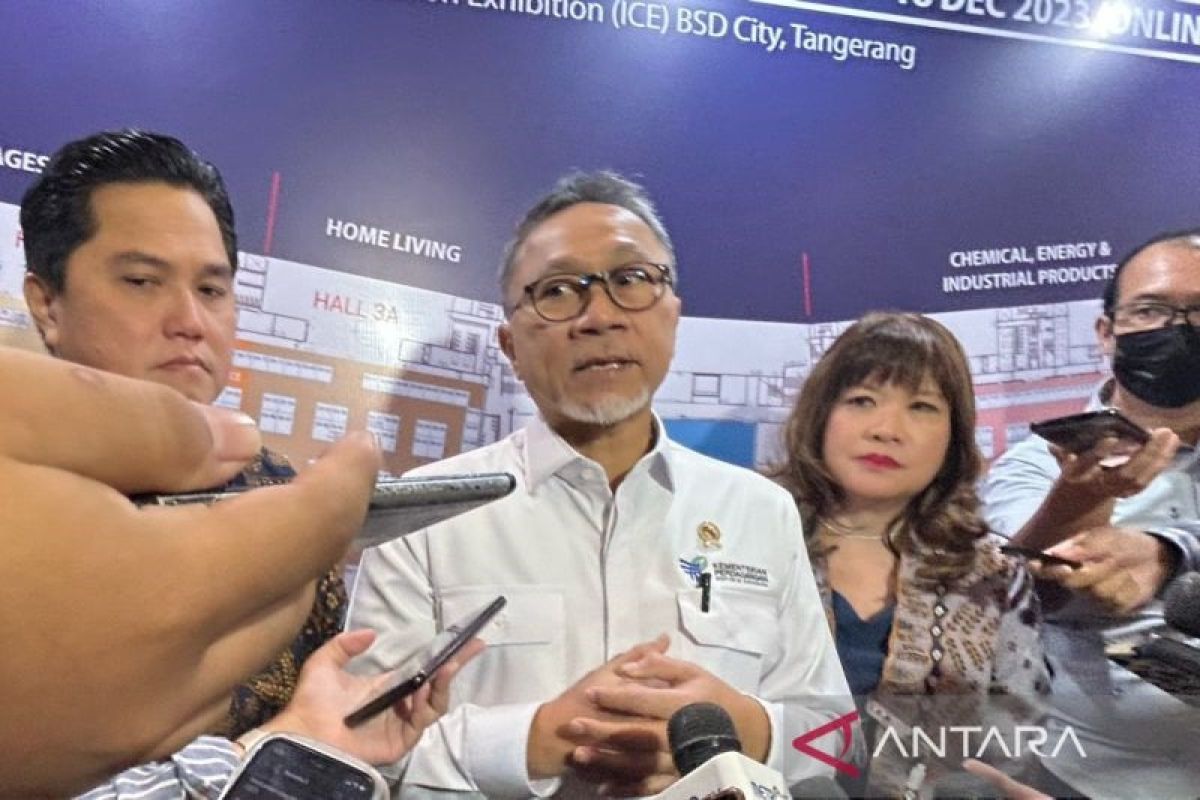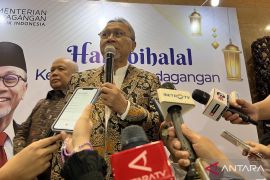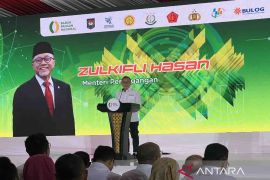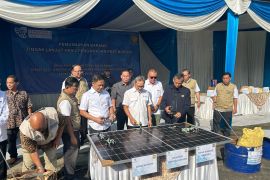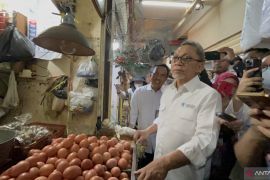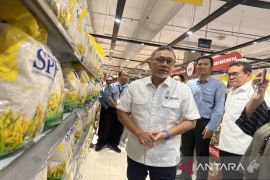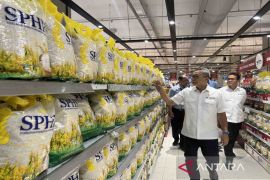The regulation's issuance is in line with efforts to support increased exports between Indonesia and Japan by implementing e-CO under the Indonesia-Japan Economic Partnership Agreement (IJEPA) from June 26, 2023, he added.
"Indonesia is optimistic that the good relations between the two countries can be improved, especially with the IJEPA bilateral agreement, to mutually strengthen economic ties amid the current global economic situation," the minister said in a written statement received here on Wednesday.
According to the ministry's Director General of Foreign Trade Budi Santoso, the IJEPA, which became effective on July 1, 2008, is an important milestone in economic relations between Indonesia and Japan. Moreover, Japan is a very potential trade partner for Indonesia.
Furthermore, IJEPA has helped Indonesia's economy become stronger, more competitive, more open, and more attractive to Japanese investors by making Indonesia a production hub that has allowed it to enter regional and world markets, Santoso added.
"We hope this regulation can provide convenience for business actors, especially when submitting preference claims at export destination countries, namely Japan, because electronic SKA no longer requires e-CO paper, which is prone to be lost or damaged in transit," he explained.
Meanwhile, the director of export and import facilitation, Bambang Jaka Setiawan, said that Indonesian business actors who export their products to Japan must understand how to apply the rules of origin and issue the e-CO.
According to Setiawan, the implementation of the trade agreement will help Indonesia benefit from preferential tariff implementation using e-CO and reduce production costs.
"This can increase industrial competitiveness, make Indonesian products more competitive in the utilization of preferences, and maximize opportunities for the Japanese market," he said.
He explained that in principle, e-CO works from system to system. After obtaining approval for issuance from the e-CO Issuing Agency (IPSKA), the e-CO data will be sent electronically through the National Single Window Institution (LNSW) and automatically sent to the Japanese system to shorten the acceptance process.
Currently, there are only a few agreement schemes that can implement eCO because system integration with partner countries requires commitment and system readiness, he said.
"We hope that business actors can take advantage of the implementation of e-CO in the IJEPA scheme to increase exports with preferential tariff facilities," he pointed out.
Related news: Indonesia Fair promotes trade, investment in Japan
Related news: Indonesian, Japanese economic ministers discuss trade cooperation
Translator: Maria Cicilia G P, Resinta S
Editor: Rahmad Nasution
Copyright © ANTARA 2023
